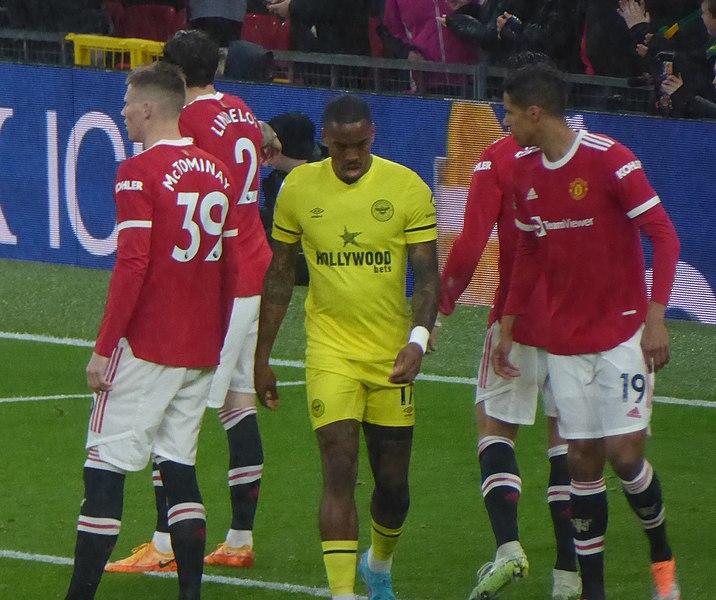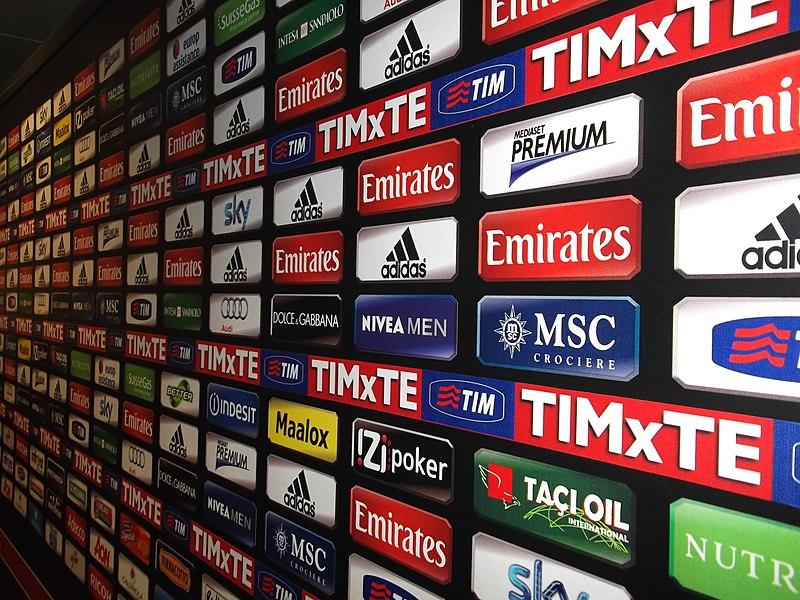Premier League Kicks Out Gambling Sponsors: Clubs to Remove Logos from Shirts
The issue of gambling sponsorships in football has been a controversial topic in recent years. With the rise of sports betting, many football clubs have entered into sponsorship agreements with gambling companies, such as those listed at newbettingoffers.co.uk, which has generated significant revenue for the clubs. However, there has been growing concern about the impact of these sponsorships on fans and the potential risks associated with gambling.
Gambling sponsorships in football have a long history, dating back to the 1990s when the National Lottery became a major sponsor of English football. In recent years, however, gambling sponsorships have increased dramatically, with many clubs relying heavily on revenue from these deals.
According to a report by the BBC, eight Premier League clubs currently have gambling companies as shirt-front sponsors, with an estimated value of £60m per annum.
Recently Premier League clubs agreed to remove gambling logos from the front of their shirts starting from the 2026/27 season. The decision was made following a review by the league, which found that there was growing concern among fans and the wider public about the impact of gambling on society.
The move was welcomed by many campaigners who had been calling for an end to gambling sponsorships in football. However, the decision has also raised questions about the financial impact on clubs, given the significant revenue generated by these deals.
The Background of Gambling Sponsorships in Football
The rise of gambling in football can be attributed to several factors. These include the growing popularity of sports betting and the increasing availability of online gambling platforms. In recent years, many football clubs have entered into sponsorship agreements with gambling companies as they look to generate revenue to compete in the highly competitive football industry.
Gambling sponsorships are now a common feature in football, with many clubs relying heavily on revenue from these deals. According to a report by the BBC, over half of the teams in the top two divisions of English football have gambling companies as shirt sponsors. This has led to calls for greater regulation of the industry and an end to the promotion of gambling to vulnerable groups.
There is growing concern about the impact of gambling on football fans, particularly young people. Studies have shown that exposure to gambling advertising can lead to an increased risk of problem gambling. Campaigners argue that gambling sponsorships in football contribute to the normalization of gambling among young people. In addition, there are concerns about the links between gambling and other social issues. This includes mental health and financial problems.
By examining the background of gambling sponsorships in football, we can better understand the context surrounding Premier League clubs’ decision to withdraw gambling logos from the front of their shirts. It is clear that there are many factors to consider, including the financial impact on clubs, the potential risks associated with gambling, and the need to promote responsible gambling practices. In the next sections of this article, we will explore these issues in more detail.
The Decision to Withdraw Gambling Sponsorships in the Premier League
In April 2023, it was announced that Premier League clubs had agreed to withdraw all gambling sponsorships from the front of their shirts. Eight current Premier League clubs have gambling companies as shirt-front sponsors, with an estimated value of £60m per annum. The change will begin at the start of the 2026/27 season, giving clubs plenty of time to find alternative sponsors.
Clubs will need to find alternative sponsors to replace the lost revenue. This could be challenging for smaller clubs. As they may struggle to attract sponsors with the same financial clout as the gambling companies.
The reaction to the decision has been mixed. Many football fans have welcomed the move, as they believe that gambling companies should not be allowed to advertise on the front of football shirts.
However, others have criticized the decision, arguing that it will have a significant financial impact on Premier League clubs. Some have also suggested that the decision is hypocritical, given the prevalence of other forms of advertising in football, such as alcohol and fast food.
The Impact of the Decision on Football Fans
For years, gambling has been closely associated with football, and many fans enjoy betting on matches. However, there is growing concern that gambling is having a negative impact on football fans. Many are experiencing problem gambling and addiction.
It’s estimated that 0.5% of adults in the UK have a gambling addiction. This equates to over 335 thousand adults, which is huge. A further 3.8% are at risk, with a large portion of these being young adults. By withdrawing gambling sponsorships from football shirts, the Premier League is taking a significant step toward reducing the association between football and gambling.
Football has an important role to play in promoting responsible gambling. Protecting football fans from the negative impact of problem gambling is important. Moreover, it is also important to recognize that gambling can be an enjoyable and harmless activity for many people.
The Premier League and other football organizations can play an important role in promoting responsible gambling. The league could raise awareness of the risks associated with gambling and provide support for problem gamblers. It could also promote safe and responsible gambling practices.
The decision to withdraw gambling sponsorships from the front of football shirts could have a range of potential benefits for football fans. By reducing the association between football and gambling, the Premier League is taking a significant step. It is protecting fans from the negative impact of problem gambling.
The decision could also help to promote a more positive image of football. It will also reduce the perception that gambling and other negative influences dominate the sport. Overall, the decision is likely to be uncertain as a positive step towards creating a more responsible and sustainable future for football.
The Future of Gambling Sponsorships in Football
The decision by Premier League clubs to withdraw gambling sponsorships on the front of shirts has already earned praise from gambling charities and campaigners. However, there’s no guarantee that other football leagues will follow suit. Some football leagues have taken steps to reduce the visibility of gambling logos on shirts. Others have not yet taken any action.
For example, the Scottish Professional Football League continues to allow gambling companies to sponsor shirts. It is still uncertain if the Premier League’s decision will lead to a wider movement away from gambling sponsorships in football.
The Premier League is one of the most high-profile football leagues in the world. Its decision is likely to put pressure on other sports leagues and organizations to take similar action. It could also lead to increased scrutiny of gambling advertising and sponsorship in other areas. This includes television and online advertising.
The following content is brought to you by a third-party writer/advertiser and was not created by Inquirer.net’s editorial team and does not necessarily reflect the views of our publication or its editorial staff.



